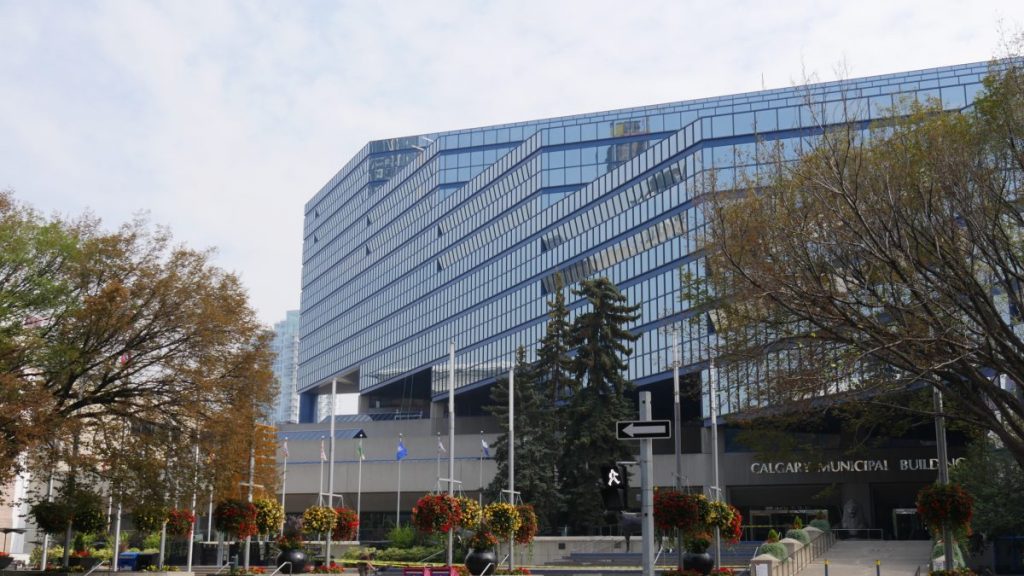Race, colonial issues must be resolved to help achieve greater health equity: report
Posted Mar 11, 2021 4:11 pm.
WINNIPEG – The COVID-19 pandemic has highlighted once again the existing intersection between social inequality and vulnerability to the virus.
A newly-published report from the Royal Society of Canada says if we want to contain future outbreaks and achieve greater health equity in the future, we must address issues of racism and colonialism in order to build a truly COVID-19 resilient society.
“So COVID is both an opportunity and a warning in my mind about the risks of not finally addressing these social determines that we have been talking about for decades,” said Esyllt Jones, chair of Public Health History Working Group for the RSC Task Force on COVID-19.
Jones, one of the authors of the report, says COVID-19 has forced us to re-evaluate the cost of failing to address longstanding issues of racism and economic disparity.
Jones says those issues have created the social conditions in Canada which put marginalized populations at greater risk in the past for dying from smallpox, polio, or Cholera who today are at greater risk of dying from COVID.
During the pandemic, we have seen the rich get richer while the poor lose jobs and wages. If we want a healthier society in a post-pandemic world, Jones says we need to address these issues now.
“I really think that the key answer to this is a public voice, a strong public voice particularly from those communities that have been most affected by COVID-19,” said Jones.
“There was a report in Manitoba specifically that shows Filipinos are one of the most disproportionally affected by COVID-19,” said the organizer of Migrante Manitoba, Diwa Marcelino.
Marcelino says a major issue compounding COVID-19 infections among the Filipino community is overcrowding at work and in housing, being disproportionately employed as health care aids and meatpacking plant workers. Marcelino says this adds to the economic disparity, especially since many immigrants are forced to pay up to $15,000 for the opportunity to come to Canada and work a minimum wage job.
“So, right away that debt bondage, if you will, is another barrier. So, in that case, better legislation to make sure unscrupulous recruiters or agencies don’t charge workers these exorbitant fees that put them at such a disadvantage early on with a long-lasting effect.”
The RSC COVID-19 task force suggests four policy recommendations to provide greater health equity in the future.










